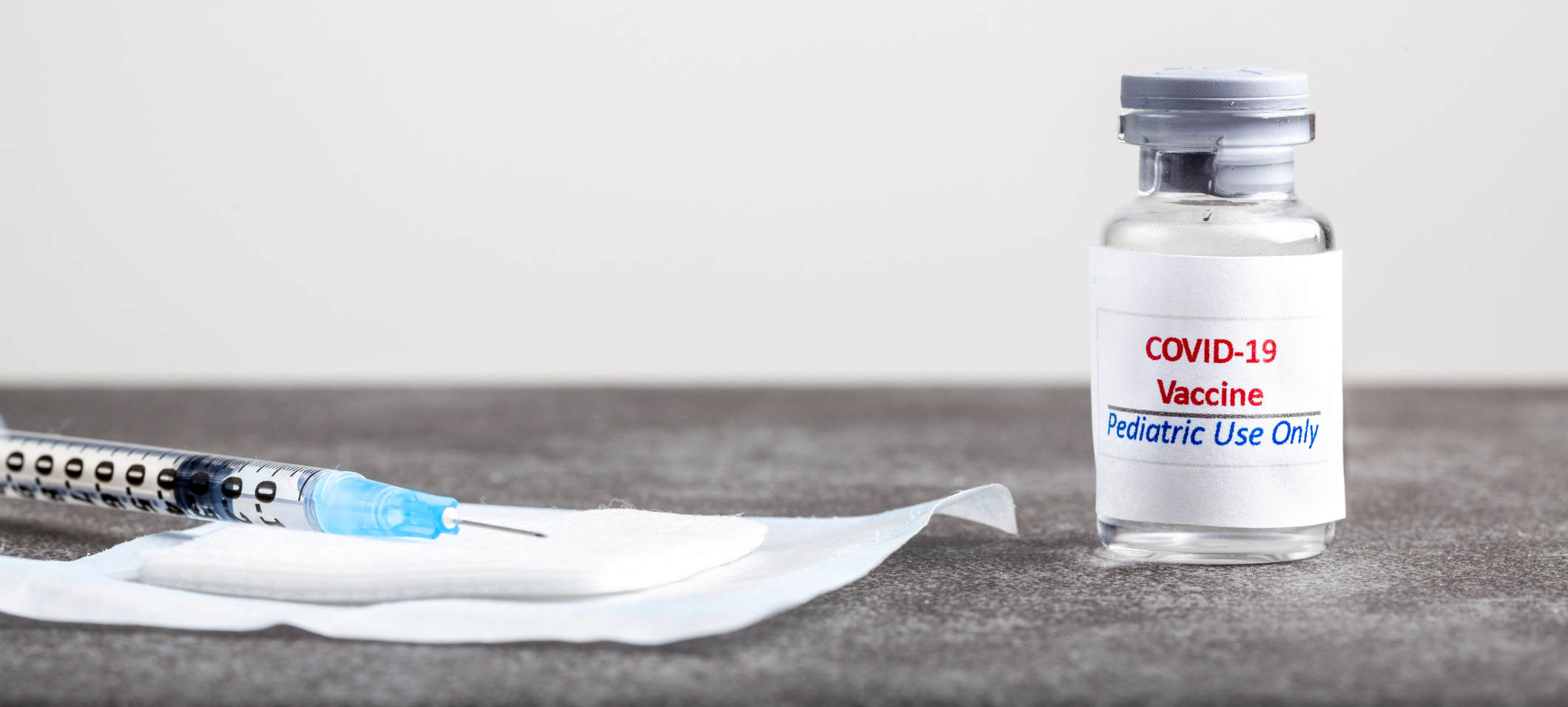
Last week, the U.S. Food and Drug Administration (FDA)
authorized the emergency use of the Pfizer-BioNTech COVID-19 Vaccine for more
than 28 million American children between the ages of 5 and 11. The
authorization was based on the FDA's thorough and transparent evaluation of the
data that included input from independent advisory committee experts who
overwhelmingly voted in favor of making the vaccine available to children in
this age group.
With this approval - and the likely approval from the CDC by
mid-week, some parents have started contacting their pediatricians' office to
ask about availability. There is still a large amount of uncertainty and fear
among parents as well, due to the ongoing scrutiny over the vaccine. We have
put together a Q&A-style blog to help parents understand how the
vaccine works for their 5-11 year-olds, and ultimately ease uncertainties and
fears.
Q: How do the vaccines for 5- to 11-year-olds differ from vaccines for older kids (12 years and up) and adults?
A: The vaccine currently being evaluated by the FDA and CDC for
5- to 11-year-olds uses the same technology. The main difference between the
vaccine given to individuals older than 12 years and the one currently being
evaluated for 5- to 11-year-olds is that a lower dose will be used for the
younger children. One-third of the adult dose was shown to be safe and provide
a robust immune response for 5- to 11-year-olds.
Q: Should my child expect to experience side effects?
A: Safety data from the trials, which included more than 3,000
children who received the vaccine, found the most common reactions were pain at
the injection site, fatigue and headache. Reactions were mostly mild or
moderate and typically lasted a day or two. There were no serious adverse
events related to the vaccine, including myocarditis or anaphylaxis.
Q: My child had COVID-19. Do they still need to get a vaccine?
A: While a previous infection does offer some protection
against a second infection, studies show that the vaccine provides
longer-lasting protection against a second bout with COVID-19. Experts
recommend that everyone - adults and children - be vaccinated, regardless of
whether or not they have had a COVID-19 infection.
Q: My child has allergies. Can they get the vaccine?
A: If your child has a history of anaphylaxis or other severe
allergies, then the observation time after the injection may be 30 minutes
instead of 15. So it may mean you're asked to stick around the waiting room
with your child for an extra 15 minutes so health care providers can monitor
vaccine recipients for extremely rare allergic reactions that can occur
after any vaccination. Children who are prescribed an EpiPen for any reason
should bring it to their vaccine appointment. Also, if your child has a severe
allergy to any of the ingredients in the vaccine available to them, they
shouldn't take it, according to the World Health Organization. It's the same
for adults who may be allergic to any ingredient found in the COVID-19 vaccine.
Q: Can my child get the COVID-19 shot at the same time as other vaccines?
A. Yes. According to the CDC, your child may get other vaccines
when they go in for their coronavirus shot without waiting 14 days between
appointments.
Q: Why is it important that I get my kids vaccinated?
A. Since the start of the pandemic, about 1.9 million children
ages 5-11 years have been infected, about 9% of all U.S. cases. More than 8,300
have been hospitalized and 94 have died, according to federal data. The death
toll in the past year puts COVID-19 in the top 10 causes of death for this age
group.
Recent data during the Delta wave showed that children are
now at a higher risk of getting infected with severe acute respiratory syndrome
coronavirus 2 (SARS-CoV-2) and that they can transmit it. That's particularly a
worry when they are around higher-risk groups, like grandparents, other family
members, or caregivers who may have medical conditions. During this time
when Delta is the dominant variant, a higher level of immunity in the community
is vital to decreasing transmission. Clinical trials in children ages 5-11
years found the vaccine to be 90.7% effective in preventing symptomatic
COVID-19.
Finally, our children have had so much to have to deal with
in these past two years. It's encouraging to see them getting back to all the
activities that are so important during childhood. Going to school, seeing
friends and just being a kid again without fear or anxiety is what we all
want. Vaccination will help reduce some of the anxiety that children and
adults have been feeling for almost two years now as we can feel more reassured
having this critical level of protection.
Q: When and where will the vaccine be available?
A. Summit Medical Group anticipates shipments of the children's
vaccine to begin arriving shortly after the expected approval by the CDC early
this week.
In response to the large number of requests already received
at several practices, Summit, along with Shults Pediatrics, is hosting a
community-wide vaccine clinic for eligible children between the ages of 5 and
11 on Saturday November 20th from 8am-1pm. This clinic will be set up to take
place in a drive-thru format at Shoreline Church, located at 9635 Westland
Drive in Knoxville. Summit Medical Group intends to host additional
vaccination clinics as the demand within local communities remains high. For additional information, click here.
